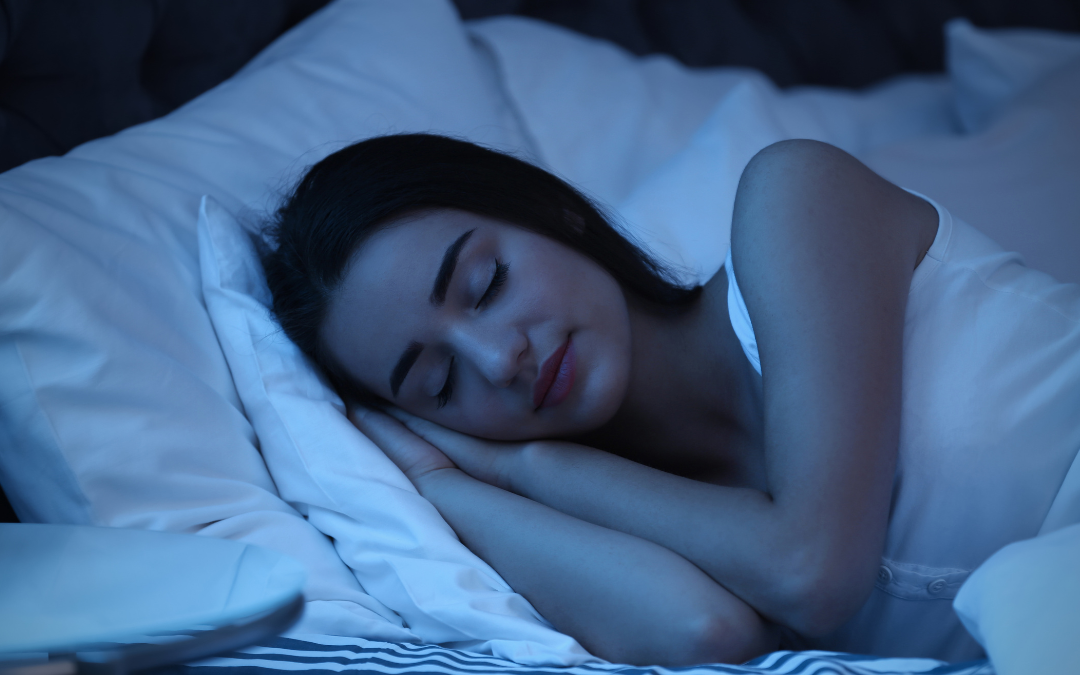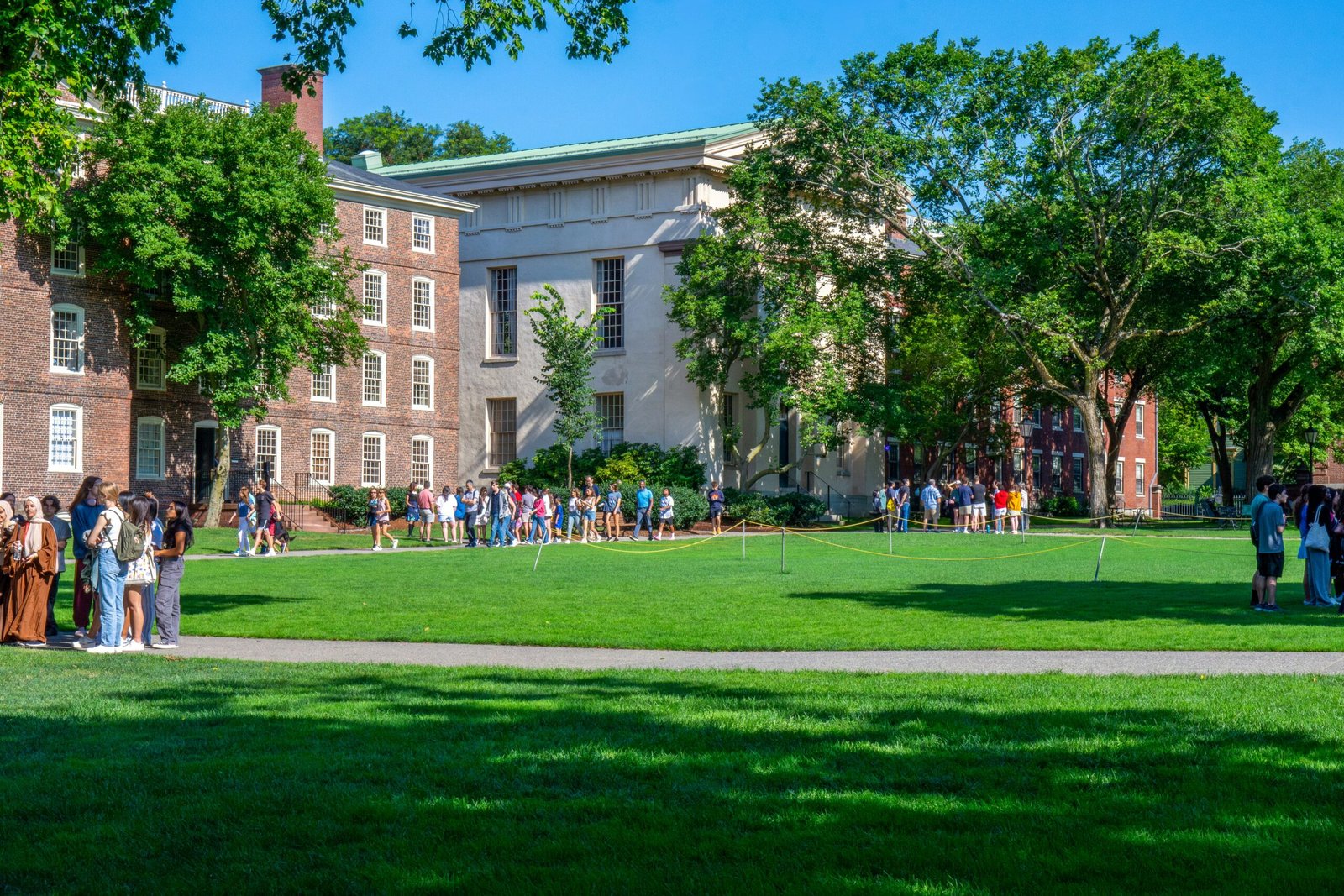Why Sleep Matters for Students
Sleep isn’t just a luxury—it’s a necessity, especially for students juggling classes, assignments, and social lives. Poor sleep can tank your focus, memory, and even your grades, while good sleep boosts your brainpower and mood. As a student, I remember pulling all-nighters, only to feel like a zombie during exams. Let’s dive into practical, science-backed sleep hacks to help you thrive.
Understanding the Science of Sleep
How Sleep Affects Your Brain
Sleep is like a reset button for your brain. It consolidates memories, clears mental fog, and preps you for learning. Without enough rest, your cognitive functions—like problem-solving and attention—take a hit. Studies show that students who get 7–9 hours of sleep perform better academically than those who skimp on it.
The Consequences of Sleep Deprivation
Skipping sleep might feel productive, but it’s a trap. Chronic sleep deprivation can lead to stress, weakened immunity, and even depression. I once stayed up for 48 hours to finish a project, only to bomb the presentation because I couldn’t think straight. Lack of sleep also messes with your decision-making, which is the last thing a student needs.
Hack #1: Stick to a Consistent Sleep Schedule
Why Consistency is Key
Your body loves routine. Going to bed and waking up at the same time every day sets your internal clock, making it easier to fall asleep and wake up refreshed. Research from the National Sleep Foundation shows that consistent sleep schedules improve sleep quality by up to 20%. Even on weekends, try not to stray more than an hour from your usual bedtime.
How to Build a Sleep Routine
Start by picking a bedtime that allows for 7–9 hours of sleep before your first class or commitment. Use a sleep calculator (like the one on SleepFoundation.org) to find your ideal bedtime based on your wake-up time. I used to set a nightly alarm to remind myself to wind down, which helped me stick to it. Avoid the temptation to binge-watch shows or scroll social media past your bedtime.
Hack #2: Create a Sleep-Friendly Environment
Optimize Your Bedroom Setup
Your bedroom should be a sleep sanctuary. Keep it cool (around 60–67°F), dark, and quiet. I invested in blackout curtains during college, and they were a game-changer for blocking out early morning light. If noise is an issue, try earplugs or a white noise machine to drown out distractions.
Declutter for Better Rest
A messy room can stress you out, making it harder to relax. Studies suggest a tidy environment promotes calmness, which aids sleep. Take 10 minutes each day to organize your desk or clear your bed of clutter. I found that keeping my study materials out of sight at night helped me mentally disconnect from school stress.
Comparison: Ideal vs. Poor Sleep Environment
| Factor | Ideal Sleep Environment | Poor Sleep Environment |
|---|---|---|
| Temperature | 60–67°F, cool and comfortable | Too hot or too cold |
| Lighting | Dark, with blackout curtains or a sleep mask | Bright, with streetlights or device screens |
| Noise | Quiet or white noise | Loud roommates, traffic, or notifications |
| Bed Comfort | Supportive mattress, cozy bedding | Lumpy mattress, worn-out pillows |
Hack #3: Limit Screen Time Before Bed
The Problem with Blue Light
Screens emit blue light, which tricks your brain into thinking it’s daytime, suppressing melatonin production. This hormone is crucial for falling asleep. A study from Harvard found that blue light exposure can delay sleep onset by up to two hours. I noticed a huge difference when I stopped using my phone an hour before bed.
Practical Tips to Cut Screen Time
- Use Night Mode: Enable blue light filters on your devices after sunset.
- Set a Digital Curfew: Stop using screens 60–90 minutes before bed.
- Read a Book: Swap your phone for a paperback to wind down.
- Try Blue Light Glasses: If you must use screens, these can help reduce exposure.
Hack #4: Master Your Pre-Sleep Routine
Why a Wind-Down Routine Works
A calming pre-sleep routine signals to your body that it’s time to rest. Activities like stretching or journaling can lower stress hormones, making it easier to fall asleep. I used to sip chamomile tea and listen to soft music, which helped me transition from study mode to sleep mode.
Ideas for a Relaxing Routine
- Meditation: Try a 5-minute guided meditation using apps like Calm or Headspace.
- Light Stretching: Gentle yoga poses can release physical tension.
- Journaling: Write down tomorrow’s to-do list to clear your mind.
- Aromatherapy: Use lavender essential oil for its calming effects.
Hack #5: Watch What You Eat and Drink
Avoid Late-Night Caffeine and Sugar
Caffeine and sugar are sleep’s worst enemies. They can keep you wired for hours, even if you don’t feel it. A study in the Journal of Clinical Sleep Medicine found that caffeine consumed six hours before bed can disrupt sleep. I learned this the hard way after drinking an energy drink at 4 p.m. and tossing all night.
Sleep-Friendly Foods to Try
Incorporate foods that promote sleep, like those rich in melatonin or magnesium. Here’s a quick list:
- Cherries: A natural source of melatonin.
- Bananas: Packed with potassium and magnesium to relax muscles.
- Almonds: Contain magnesium and healthy fats for better sleep.
- Oatmeal: A light, carb-rich snack that boosts serotonin.
Pros and Cons of Late-Night Snacking
| Pros | Cons |
|---|---|
| Light snacks can stabilize blood sugar | Heavy meals can cause indigestion |
| Certain foods promote melatonin | Sugary snacks can spike energy levels |
| Can satisfy hunger without overeating | Eating too late disrupts digestion |
Hack #6: Exercise for Better Sleep
How Physical Activity Helps
Exercise isn’t just for staying fit—it’s a sleep booster. Regular physical activity can help you fall asleep faster and enjoy deeper sleep. A study from Sleep Medicine found that moderate exercise improves sleep quality by 65%. I started doing 20-minute walks between study sessions, and my sleep improved noticeably.
Best Times to Exercise
Aim for morning or early afternoon workouts, as exercising too close to bedtime can energize you instead of calming you down. Avoid intense workouts within three hours of sleep. If you’re short on time, even a quick stretch or bodyweight circuit can make a difference.
Hack #7: Manage Stress and Anxiety
The Link Between Stress and Poor Sleep
Stress is a sleep thief. It spikes cortisol, keeping you alert when you want to relax. As a student, deadlines and exams can make your mind race at night. I used to lie awake worrying about grades until I learned techniques to calm my mind.
Stress-Busting Techniques
- Deep Breathing: Try the 4-7-8 method—inhale for 4 seconds, hold for 7, exhale for 8.
- Progressive Muscle Relaxation: Tense and relax each muscle group to release tension.
- Gratitude Practice: Write down three things you’re thankful for to shift your focus.
- Talk It Out: Vent to a friend or journal to process worries.
Hack #8: Use Sleep Apps and Tools
Best Tools for Tracking Sleep
Technology can be your ally in improving sleep. Apps and devices can track your sleep patterns and offer insights. I used a sleep tracker to discover I was waking up multiple times a night, which helped me tweak my habits.
Top Sleep Apps for Students
| App | Features | Cost |
|---|---|---|
| Sleep Cycle | Tracks sleep phases, gentle wake-up | Free, premium $29.99/year |
| Calm | Guided meditations, sleep stories | Free, premium $69.99/year |
| Headspace | Sleep meditations, wind-down exercises | Free, premium $69.99/year |
| Pzizz | Customizable sleep sounds, focus timers | Free, premium $59.99/year |
Where to Get These Tools
Most apps are available on the App Store or Google Play. For budget-conscious students, start with free versions and upgrade if needed. External link: Check out Sleep Foundation’s guide to sleep apps for more options.
Hack #9: Nap Smart, Not Long
The Power of a Quick Nap
Naps can recharge you, but long naps can mess with your nighttime sleep. A 20–30-minute power nap boosts alertness without leaving you groggy. I used to nap in the library between classes, and it was like hitting a mental reset button.
Tips for Effective Napping
- Time It Right: Nap between 1–3 p.m. to align with your body’s natural dip.
- Keep It Short: Set a timer for 20–30 minutes to avoid deep sleep.
- Find a Quiet Spot: Use a library corner or your car for a quick snooze.
- Avoid Late Naps: Napping after 4 p.m. can disrupt your night sleep.
Hack #10: Know When to Seek Help
Signs You Need Professional Support
If you’ve tried everything and still can’t sleep, it might be time to consult a professional. Persistent insomnia, snoring, or daytime fatigue could signal a sleep disorder. I ignored my sleep issues for months until a doctor helped me identify stress as a key factor.
Where to Find Help
- Campus Health Services: Most universities offer free or low-cost consultations.
- Sleep Clinics: Search for local clinics specializing in sleep disorders.
- Online Platforms: Websites like BetterHelp or Talkspace offer virtual therapy.
- External Link: Visit National Sleep Foundation for resources on finding sleep specialists.
People Also Ask (PAA) Section
What are the best sleep hacks for students?
The best sleep hacks include maintaining a consistent sleep schedule, creating a relaxing bedroom environment, limiting screen time, and managing stress. Incorporate foods like cherries or almonds and use apps like Sleep Cycle to track progress. Consistency and small changes make a big difference.
How can students improve sleep quality?
Improve sleep quality by optimizing your bedroom (cool, dark, quiet), avoiding caffeine after noon, and practicing a pre-sleep routine like meditation or journaling. Regular exercise and a tidy space also help. Aim for 7–9 hours nightly for optimal results.
Why do students struggle with sleep?
Students often struggle due to irregular schedules, stress from academics, and excessive screen time. Late-night study sessions or social activities disrupt their internal clocks. Poor sleep environments, like noisy dorms, and caffeine overload also play a role.
What foods help students sleep better?
Foods like cherries, bananas, almonds, and oatmeal promote sleep by boosting melatonin or relaxing muscles. Avoid heavy meals, caffeine, or sugary snacks close to bedtime, as they can keep you awake or cause indigestion.
FAQ Section
How many hours of sleep do students need?
Students aged 18–25 need 7–9 hours of sleep per night, according to the National Sleep Foundation. Getting less can impair focus, memory, and mood, while hitting this range supports academic performance and overall health.
Can napping replace nighttime sleep?
No, napping can’t fully replace nighttime sleep. Short naps (20–30 minutes) boost alertness, but nighttime sleep is essential for deep restorative processes like memory consolidation. Use naps sparingly to complement, not substitute, your main sleep.
How does stress affect student sleep?
Stress increases cortisol, keeping you alert and making it harder to fall asleep. It can also cause racing thoughts or nightmares. Techniques like deep breathing, journaling, or talking to a counselor can help manage stress for better sleep.
Are sleep supplements safe for students?
Some supplements, like melatonin, can be safe in low doses (1–3 mg) for short-term use, but consult a doctor first. Natural options like chamomile tea or magnesium-rich foods are safer alternatives. Avoid dependency and prioritize lifestyle changes.
What’s the best sleep app for students on a budget?
Sleep Cycle offers a robust free version that tracks sleep patterns and provides insights, making it ideal for students. Other free options like Calm’s basic features or Pzizz’s trial mode are also great for budget-conscious users.
Conclusion: Your Path to Better Sleep
Sleep is your secret weapon as a student. By sticking to a consistent schedule, optimizing your environment, and managing stress, you can transform your nights and supercharge your days. Start small—pick one or two hacks, like cutting screen time or trying a pre-sleep routine, and build from there. I’ve been there, burning the midnight oil and regretting it. These strategies helped me reclaim my rest, and they can do the same for you. For more tips, check out our guide on managing student stress or visit SleepFoundation.org for expert advice. Sweet dreams, and here’s to acing your studies!



